AI in GRC Hub: Transforming Governance, Risk, and Compliance with AI
Artificial Intelligence (AI) is revolutionizing Governance, Risk, and Compliance (GRC), transforming how organizations navigate complex regulatory environments, mitigate risks, and ensure compliance. AI-driven solutions enhance efficiency, improve accuracy, and empower businesses to stay ahead in a constantly evolving landscape. This hub explores the powerful synergy between AI and GRC, real-world success stories, and emerging trends that are reshaping the future of the industry.
How AI is Driving GRC Transformation
AI is playing a pivotal role in automating and enhancing GRC processes. Here’s how AI is making a difference:
Risk Prediction & Mitigation: AI-powered tools analyze vast amounts of data to predict risks with unprecedented accuracy. By detecting patterns and anomalies in real time, AI helps organizations proactively mitigate operational, financial, and regulatory risks.
Example: JP Morgan's COiN (Contract Intelligence) uses AI to process legal documents and identify potential risks, a process that once took 360,000 hours annually and is now completed in seconds.
Fact: According to Deloitte,59% of companies have already implemented AI in risk management processes, reducing operational risk-related disruptions by 30%.
Automated Compliance: AI simplifies compliance by automating the monitoring of regulatory changes and ensuring real-time adherence to various frameworks like GDPR,HIPAA, and AML. With AI, organizations can reduce manual errors and ensure comprehensive regulatory compliance.
Example: HSBC uses AI to monitor transactions in real-time for AML compliance, improving fraud detection rates by 20%.
Stat: McKinsey reports that compliance automation via AI can reduce costs by up to 40% while minimizing the risk of non-compliance.
Audit Automation & Accuracy: AI enables continuous auditing by analyzing transactions and flagging discrepancies. This real-time auditing improves accuracy, reduces manual workload, and enables companies to respond faster to regulatory inquiries.
Example: PwC’s GL.ai uses AI to review financial transactions and audit data, providing auditors with real-time insights and reducing errors by 35%.
Trend: By 2025,65% of audit activities in large organizations are expected to be automated, driven by AI (Source: Gartner).
How GRC Enhances AI: Ensuring Ethical AI Implementation
As AI becomes more integrated into business operations, GRC frameworks are essential in governing AI usage, ensuring ethical standards, data privacy, and regulatory compliance. Here’s how GRC supports AI deployment:
Ethical AI Governance: GRC helps establish guidelines and policies to ensure that AI systems are used responsibly, avoiding bias, discrimination, and unethical decision-making.
Example: Microsoft has developed an AI ethics policy with governance oversight, ensuring its AI tools comply with global data privacy laws, including GDPR.
Fact: A 2023 Accenture study showed that 75% of business leaders believe that strong GRC frameworks are crucial to the success of AI initiatives.
AI Risk Management: GRC frameworks provide the structure to manage risks associated with AI adoption, including data breaches, algorithmic bias, and regulatory breaches. Through risk management protocols, companies can ensure that AI systems perform in line with legal and ethical standards.
Example: Google has implemented a comprehensive AI risk management program to assess and mitigate risks related to AI bias, transparency, and security.
Data Privacy & Compliance: AI relies heavily on data, making data privacy laws like GDPR and CCPA critical to its operation. GRC frameworks ensure that AI systems comply with these laws, managing data use responsibly and protecting consumer rights.
Example: Facebook’s compliance with GDPR is overseen by a GRC framework that ensures all AI-driven marketing and data analysis tools respect user privacy and consent.
AI in GRC: Future Trends
As the role of AI in GRC continues to grow, here are key trends shaping the future of this synergy:
Predictive Compliance: AI will advance beyond automating compliance to predicting future regulatory changes. By analyzing historical data and global policy trends, AI can help organizations anticipate new laws and adapt their compliance strategies in advance.
Stat: Gartner predicts that by 2026,80% of companies will use AI to forecast regulatory changes and prepare compliance measures ahead of time.
AI-Powered Integrated Risk Management: AI will drive integrated risk management (IRM) solutions that consolidate operational, regulatory, and cybersecurity risks into a single platform. This holistic approach will allow organizations to have a unified view of their risk profile and take proactive steps in mitigating them.
Trend: The global market for IRM solutions is projected to grow by 13.2 annually, driven by the integration of AI capabilities (Source: MarketsandMarkets).
Autonomous GRC Systems: Fully autonomous GRC systems powered by AI are on the horizon. These systems will continuously monitor, assess, and adjust governance, risk, and compliance strategies in real-time without human intervention, enabling businesses to adapt to changes instantly.
Fact: By 2027, AI-driven autonomous GRC systems will be adopted by 60% of large enterprises (Source: Forrester).
Real-World Examples of AI in GRC
Standard Chartered Bank
IBM Watson
Ready to Master Your GRC Challenges? Experience the DiGRC Difference!
Stay Ahead with AI in GRC
The intersection of AI and GRC is creating unprecedented opportunities for organizations to become more agile, resilient, and compliant. As AI continues to evolve, GRC frameworks will play a crucial role in ensuring that AI is ethical, transparent, and aligned with regulatory standards.
Explore more in our AI in GRC Hub, where you’ll find cutting-edge research, trends, and best practices to help you leverage AI for risk management, compliance, and governance. Request a demo today today to see how DiGRC can empower your organization with AI-powered GRC solutions.
